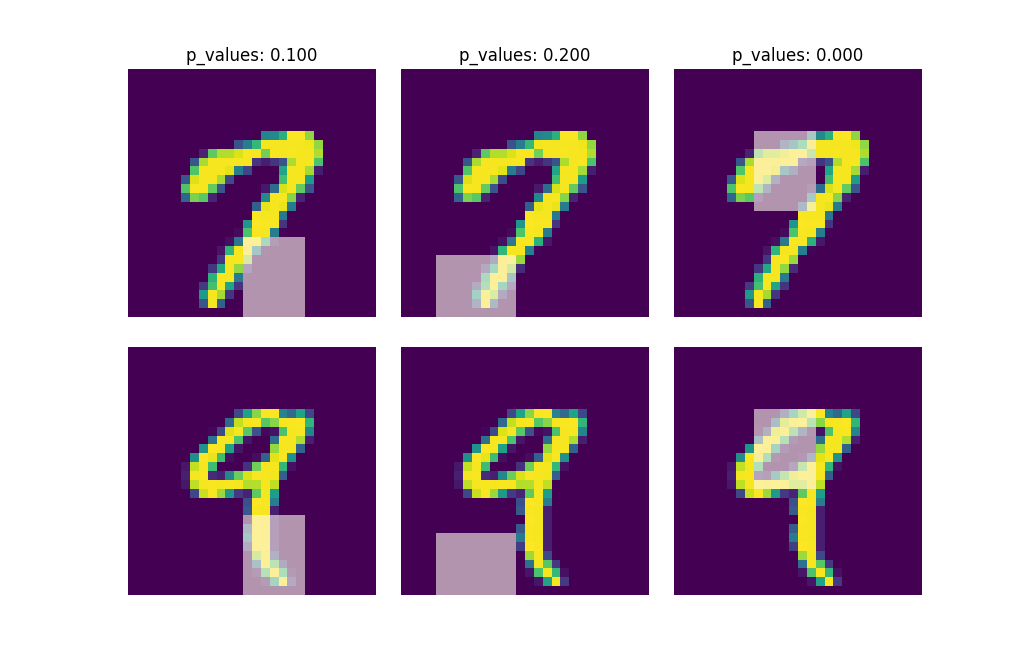🔬 dnn-inference¶

dnn-inference is a Python module for hypothesis testing based on blackbox models, including deep neural networks.
GitHub repo: https://github.com/statmlben/dnn-inference
Documentation: https://dnn-inference.readthedocs.io
Open Source: MIT license
Paper: arXiv:2103.04985
🎯 What We Can Do¶

dnn-inference is able to provide an asymptotically valid p-value to examine if \(\mathcal{S}\) is discriminative features to predict \(Y\). Specifically, the proposed testing is:
where \(\mathcal{S}\) is a collection of hypothesized features, \(R\) and \(R_{\mathcal{S}}\) are risk functions with/without the hypothesized features \(\mathbf{X}_{\mathcal{S}}\), and \(f^*\) and \(g^*\) are population minimizers on \(R\) and \(R_{\mathcal{S}}\) respectively. The proposed test just considers the difference between the best predictive scores with/without hypothesized features. Please check more details in our paper arXiv:2103.04985.
When log-likelihood is used as a loss function, then the test is equivalent to a conditional independence test: \(Y \perp X_{\mathcal{S}} | X_{\mathcal{S}^c}\).
Only a small number of fitting on neural networks is required, and the number can be as small as 1.
Asymptotically Type I error control and power consistency.
Reference¶
If you use this code please star the repository and cite the following paper:
@misc{dai2021significance,
title={Significance tests of feature relevance for a blackbox learner},
author={Ben Dai and Xiaotong Shen and Wei Pan},
year={2021},
eprint={2103.04985},
archivePrefix={arXiv},
primaryClass={stat.ML}
}




